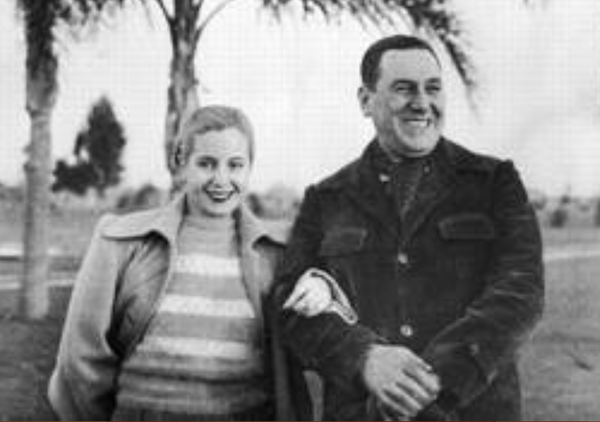Javier Milei’s trouncing of Sergio Massa in the final round of Argentina’s presidential election has electrified the political right worldwide, from Brazil and Hungary to Portugal and the United States. The electoral performance of the right’s insurgent faction had been flagging. The defeats of Donald Trump and Jair Bolsonaro were followed more recently by poor results for the likes of Spain’s Vox and Poland’s Law and Justice. Giorgia Meloni’s victory in Italy last year offered a brief moment of hope, though her subsequent coziness with the European Union and NATO has disappointed many admirers. But now they have Milei.
The default label applied to all these parties and politicians is “populist,” and Milei is no exception: Most of the headlines heralding his victory in the English-language media have described him this way. This fact should return us to some basic questions: What does “populism” mean? Does it refer to any identifiable political program, or to a vague hostility to the establishment and elites combined with a brash, demagogic style? The history of Milei’s country, perhaps the only one in the world where populism has been hegemonic for much of the past century, offers uniquely valuable insights into all of this.
“Milei’s Southern-Hemisphere MAGA … is Reaganism on steroids.”
Milei has been called “Trump of the Pampas,” and the 45th US president seemed to confirm their equivalence with a congratulatory post predicting Argentina’s president-elect will “Make Argentina Great Again!” But beyond an idiosyncratic coiffure and a flamboyant disregard for political niceties, these two nominal “populists” appear diametrically at odds on a range of matters of policy. What originally set Trump’s MAGA agenda apart was the candidate’s repudiation of the small-government consensus that had dominated the Republican Party since Ronald Reagan. Milei’s Southern-Hemisphere MAGA, in contrast, is Reaganism on steroids: The chainsaw he has campaigned with symbolizes his promise to cut government down to size.
